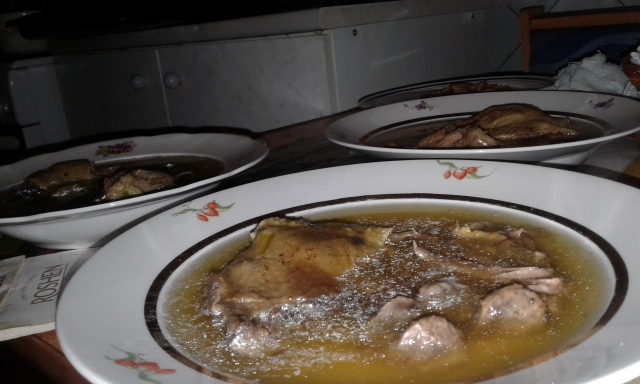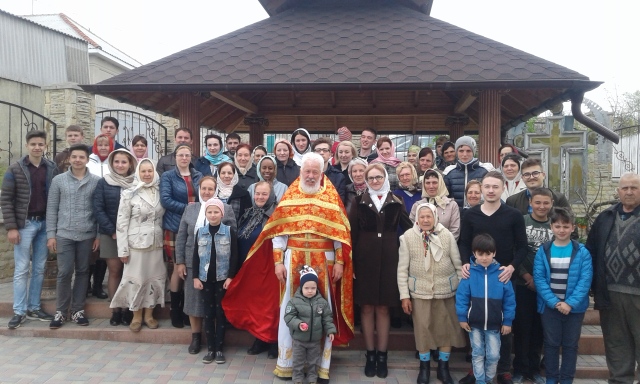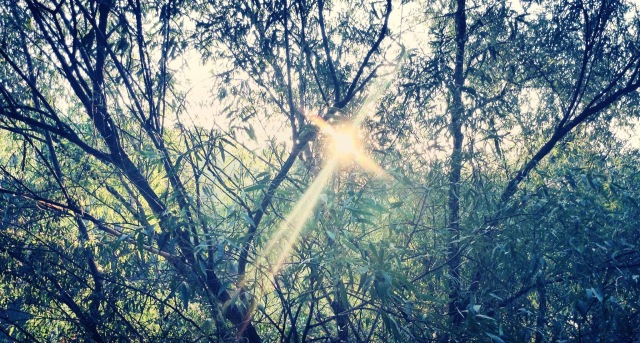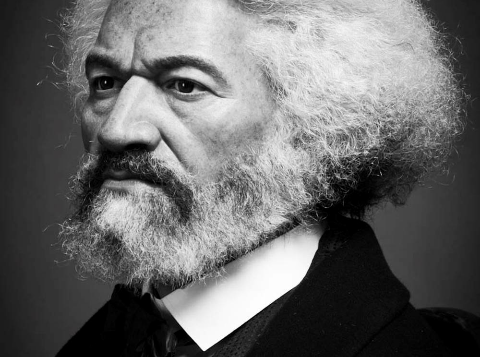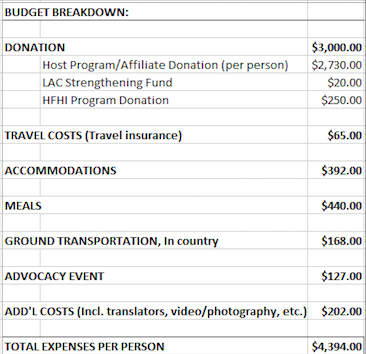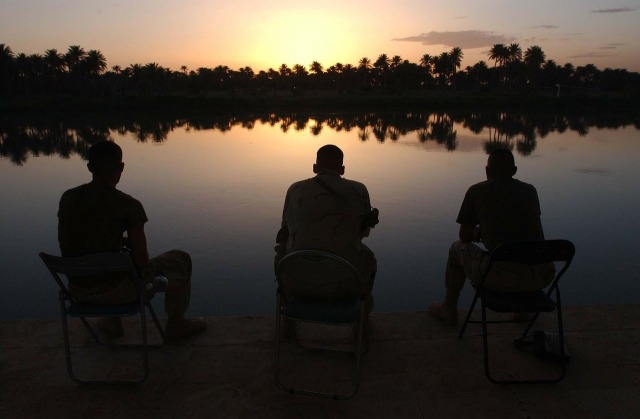The Missouri State Senate voted to Raise the Age (RTA) of juvenile jurisdiction from 17 to 18 last week (SB793) and it is now up to the House to officially pass this juvenile justice reform. Missouri is still 1 of 5 who hasn’t passed RTA legislation and would become the 46th State to Raise the Age. “Once I get (the) Senate’s version, we will become (the) 46th state to pass Raise the Age,” tweeted Nicholas Schroer (R) – O’Fallon, the sponsor for HB1255. State after state has proven that this type of juvenile justice reform certainly can help keep our juveniles from becoming repeat offenders and out of the criminal justice system. Research has shown us that kids aren’t able to assess risks and consequences like adults would. Raising the age would help to recreate a social environ that rehabilitates our youngsters instead of subjecting them to adult prisons.
Sixteen at the time of his crime, Bobby Bostic is serving a 241-year prison sentence for armed robbery. Although there is no excuse for putting other humans in harm’s way, the Missouri Supreme Court’s view on juveniles serving life sentences without parole isn’t just. Crimes should have just consequences. No one was killed or seriously injured. Bobby deserves a chance to be eligible for resentencing, as the Supreme Court ruled in Graham vs. Florida, 560 U.S. 48 (2010) that the Constitution prohibits sentencing juveniles not charged with homicide to life without parole. Further, the court deemed it “cruel and unusual,” to guarantee that a juvenile non-homicide defendant “will die in prison without any meaningful opportunity to obtain release.”
Determined by case law, Bostic wasn’t sentenced to life in prison without parole, which as it stands would have made him eligible for resentencing and the possibility of a realistic parole date. Instead, Bobby’s parole date puts him at age 112, equating his judgment to a death sentence. Is the Missouri Supreme Court infringing on Bobby Bobby Bostic’s 8th Amendment rights? Given the court’s conclusions, Bobby, a juvenile at the time of his crime, serving an aggregate sentence that is equivalent to life without parole is entitled to a meaningful opportunity for release. Juvenile offencders need rehabilitation and require community support, not death sentences.
Missouri’s 17-year olds are currently at an economic disadvantage compared to their peers in 45 other states. Although Bobby Bostic’s situation is an extreme case, juveniles are being subjected to similar rulings given that we’ve yet to adopt this conservative criminal justice reform. According to Missouri’s Uniform Crime Reporting Program, in 2015, the vast majority of 17-year olds were arrested for property offenses like possession of marijuana (1,020 arrests) and larceny (1,355 arrests). Their criminal records for low-level offenses, could affect their ability to go to college, get a job or find housing. Nationally, youth held in adult jails are 36 times more likely to commit suicide than youth in juvenile detention facilities. Moreover, according to a recent study by Human Impact Partners, youth prosecuted, as adults are 34% more likely to reoffend after leaving the adult system a clear distinction from children placed in the judicial system.
It is now up to the Missouri House of Representatives to pass this much-need criminal justice reform. As a result, all youth under 18 would start their cases in juvenile court. As a society, we must ask ourselves what we are doing. What are we saying to our youth? Most poignant, for displaced aggression and misdemeanors committed by teens, we are essentially conveying the message that they aren’t worth a second chance at life. Let’s get it straight Missouri. We all were 17 once. No one is saying crime shouldn’t have consequences. But sentencing should be just and equal to all who commit crimes, including the poor, misunderstood and marginalized. The hope is that legislators across the aisle will continue making strides towards change but our juvenile justice system continues to fail our youth. We can no longer stand to fall behind the rest of the United States on this important facet of reform. In 2018, parents, teachers, school administrators, the division of youth services, law enforcement and legislators need act for the sake of our youth. Juvenile justice reform is immediate.



